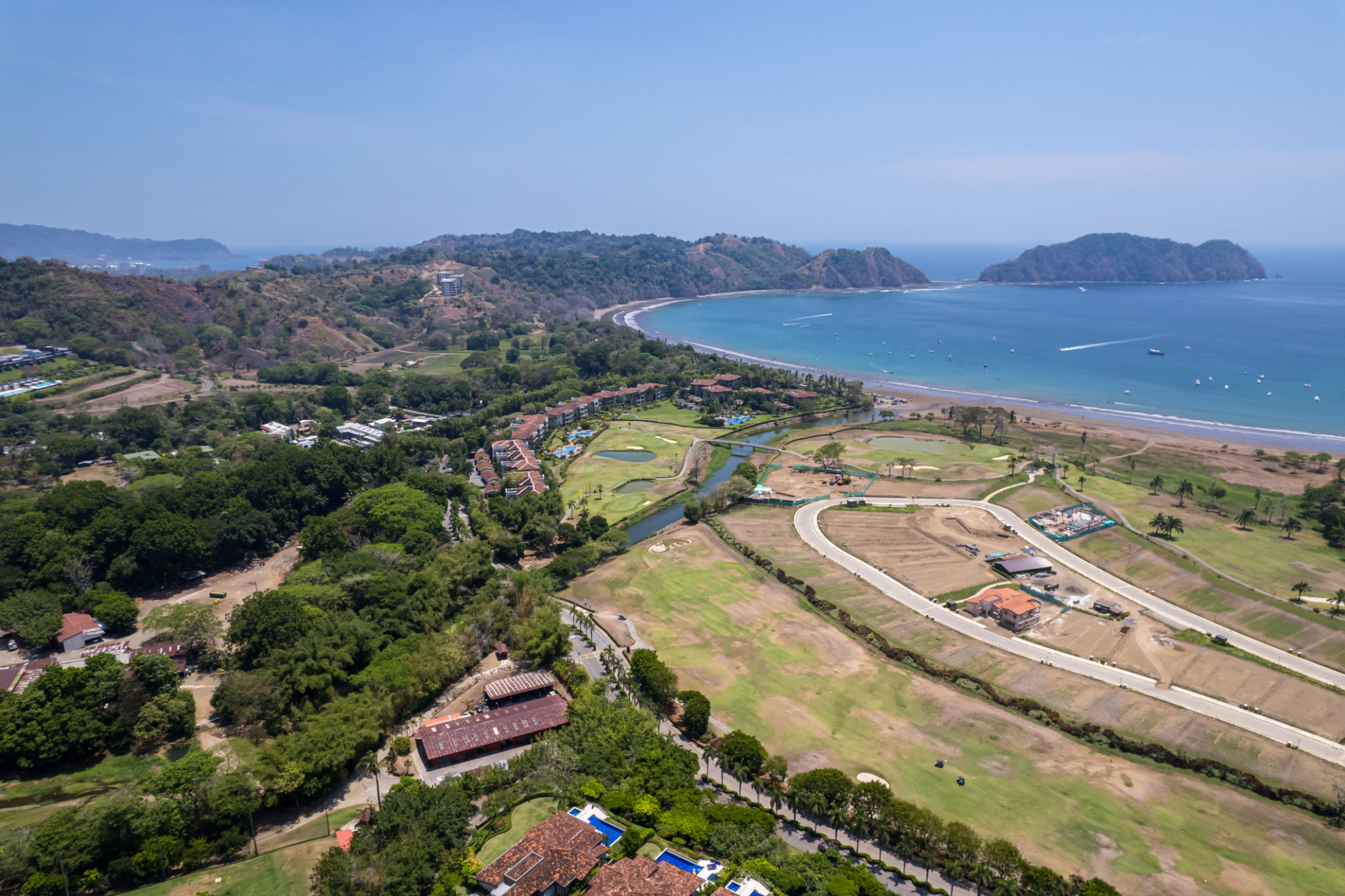Understanding Local Regulations: Navigating Property Ownership in Costa Rica
Introduction to Property Ownership in Costa Rica
Purchasing property in a foreign country can be a daunting task, especially when it comes to understanding the local regulations. Costa Rica, with its stunning landscapes and vibrant culture, is a popular destination for property buyers. However, navigating the legal landscape requires careful attention and understanding of specific regulations governing property ownership.

Legal Framework and Property Rights
The Costa Rican legal system provides robust protection for property owners, making it a secure investment destination. Under Costa Rican law, both locals and foreigners enjoy equal rights in property ownership. This means that non-residents can own land outright, without the need for any special permissions or partnerships with locals. Such equal treatment makes the process straightforward for international buyers.
However, it's essential to conduct thorough due diligence before purchasing any property. This includes verifying the property's title and ensuring there are no existing liens or encumbrances. Engaging a reputable local attorney is highly advisable to navigate these legal intricacies effectively.
Property Registration Process
All property transactions in Costa Rica must be registered with the National Registry. This registry maintains a comprehensive database of all properties, ensuring transparency and security in real estate transactions. The registration process involves several steps, including the preparation of a transfer deed by a notary public.

Once the deed is prepared, it must be registered at the Public Registry to finalize the transaction. The buyer is responsible for paying transfer taxes and other associated fees during this process. Understanding these requirements helps in planning the transaction efficiently.
Environmental Regulations
Costa Rica is renowned for its commitment to environmental conservation. When purchasing property, especially land intended for development, it is crucial to be aware of environmental regulations. The government enforces strict laws to protect biodiversity and natural resources, influencing how land can be used or developed.
For instance, properties near protected areas may have restrictions on construction activities to preserve the natural habitat. Understanding these regulations is vital to ensure compliance and avoid potential legal issues.

Coastal Property Considerations
Owning coastal property in Costa Rica comes with unique considerations due to the Maritime Zone Law. The first 200 meters from the high tide line are subject to this law, with distinct zones determining usage rights. The first 50 meters are public zones, prohibiting private ownership or development.
- The next 150 meters are concession zones, where development is possible but requires government concessions.
- Foreigners must have legal residency to obtain these concessions.
Understanding these distinctions is crucial for anyone looking to invest in coastal properties.
Conclusion: Navigating with Professional Help
While Costa Rica offers attractive opportunities for property investment, understanding local regulations is essential for a smooth transaction. Engaging with local professionals such as real estate agents and attorneys can provide invaluable guidance throughout the process. Their expertise ensures compliance with all legal requirements and helps safeguard your investment.
Ultimately, being well-informed and prepared can make the experience of owning property in Costa Rica both rewarding and enjoyable.